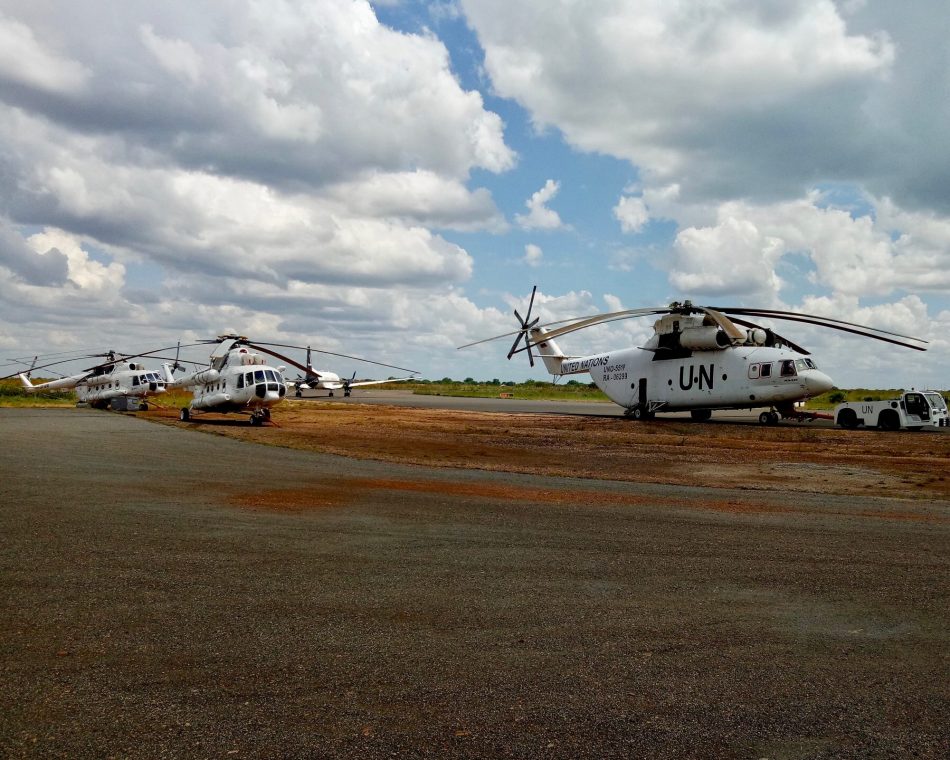UNITED NATIONS (AN) — The U.N. Security Council took up a proposed resolution on Wednesday calling for cease-fires in conflict zones around the world that would allow humanitarian workers to deliver coronavirus vaccines to vulnerable people.
Diplomats will consider voting on the resolution in coming weeks. U.N. Secretary-General António Guterres told the council that cease-fires are needed to ensure all nations gain equitable access to COVID-19 vaccines.








